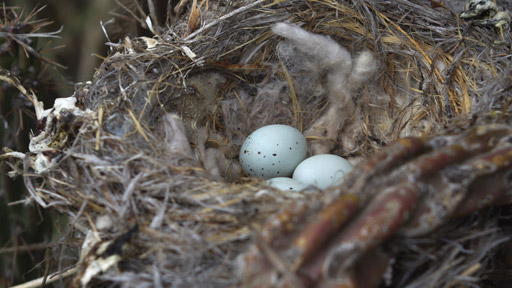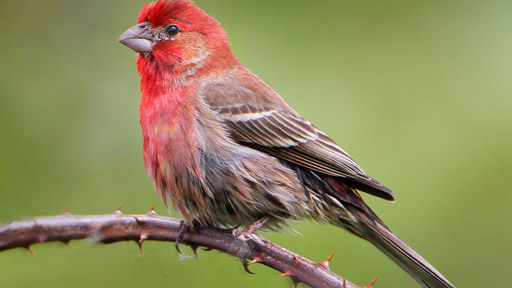
City-dwelling birds have found an innovative way to ward off parasites: they line their nests with the discarded cigarette butts they find on the streets.
It’s not unusual for birds to build their nests with plants that repel pests like ticks and mites, but cigarettes are a clever modern adaptation. The nicotine in the cigarettes may act as an insecticide against harmful parasites, according to a new study in Biology Letters.
To understand whether birds were, in fact, using the cigarettes as pest control, a team of researchers from the National Autonomous University of Mexico studied house finches and sparrows in Mexico City. Analyzing 32 nests after the eggs had hatched, they replaced the lining with artificial felt and introduced live and dead ticks to some of the nests.

What they observed was remarkable. The birds were more likely to add cigarette butts to the nests where ticks had been added, and they added more to the nests with live ticks.
Their findings confirmed that they were indeed using the cigarettes to protect their nests and their offspring from blood-sucking parasites. The research also suggests that nicotine, which has natural insecticidal properties, could be the chemical responsible for repelling the ticks.
In experiments using heat traps made with cigarettes, fewer parasites approached the smoked cigarettes, which have higher nicotine content.
But just like in humans, the cigarette habit could have downsides for the birds’ health. Cigarettes contain several carcinogenic substances that could disrupt cell-division and cause other concerns, but it’s not clear yet if the birds from these nests have been affected.




